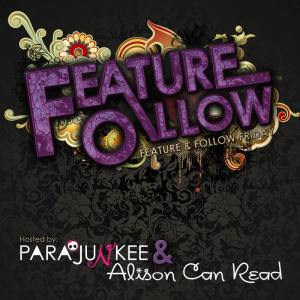Book Review: Headstrong: 52 Women Who Changed Science—and the World
Recent
articles on gender inequity in Silicon Valley serve to remind that women still
have a long way to go to achieve employment parity. The distance, however is
nothing compared to what all the female scientists experienced in the new book
by Rachel Swaby. Today’s women in STEM fields may have a difficult time
climbing the corporate ladder, but it wasn’t that long ago when the corporate
ladder was clearly marked, Women Not Allowed.
Swaby’s
book is divided into short chapters each highlighting an individual’s life and
career. Don’t be surprise if you haven’t heard the names of most of the
honorees. The author specifically selected women who, although produced
significant contributions, are relatively unknown. No current women are
included as Swaby also chose to concentrate on scientists whose professional
life’s work is completed. The struggles to gain an education were impressive,
doubly so when you realize they all lived in times when feminine worth was
judged by looks and marriage potential. Education was often frowned upon or
considered unnecessary, but each of the women in the book was gifted with an
iron will and a burning desire to learn. Students often took many years to
complete degrees as schools balked at accepting women into graduate programs and
financial assistance for them was nonexistent. Education could come in fits and
starts. Menial jobs had to be taken in order to earn enough money for classes
to continue. Yet, they all persevered.
The
list of accomplishments will surprise you. Every parent of a newborn has heard
of an Apgar score, but almost no one knows it was named after the developer,
Dr. Virginia Apgar. Have a family member in the military or police? Say thanks
to the inventor of Kevlar, chemist Stephanie Kwolek, for helping to keep them
safe.
A
few names are familiar; Rachel Carson, Sally Ride, and Florence Nightingale are
included. One will surely raise an eyebrow. The actress Hedy Lamarr was known for
her beauty, not her brains, but during World War II she patented the idea for a
frequency hopping system as a way to guide torpedoes. Years later, the
technology found unexpected uses in wireless cash registers and bar code
readers.
This
book would be good companion piece for a teacher or anyone interested in the
history of science and technology. The biographies are short, but engaging, and
neither too technical nor preachy. The reader comes away with respect for these
pioneers, and an understanding that the good old days were never that good for
women. One quibble I have is that there are 52 profiles, but the only pictures are on the cover. It would have been nice to start each biography with a visual image.
L.
A. Kelley writes fantasies with adventure, romance, humor and touch of sass.
You can find her at http://lakelleythenaughtylist.blogspot.com




This is one I'll definietly be picking up. Thanks for the post LA
ReplyDelete